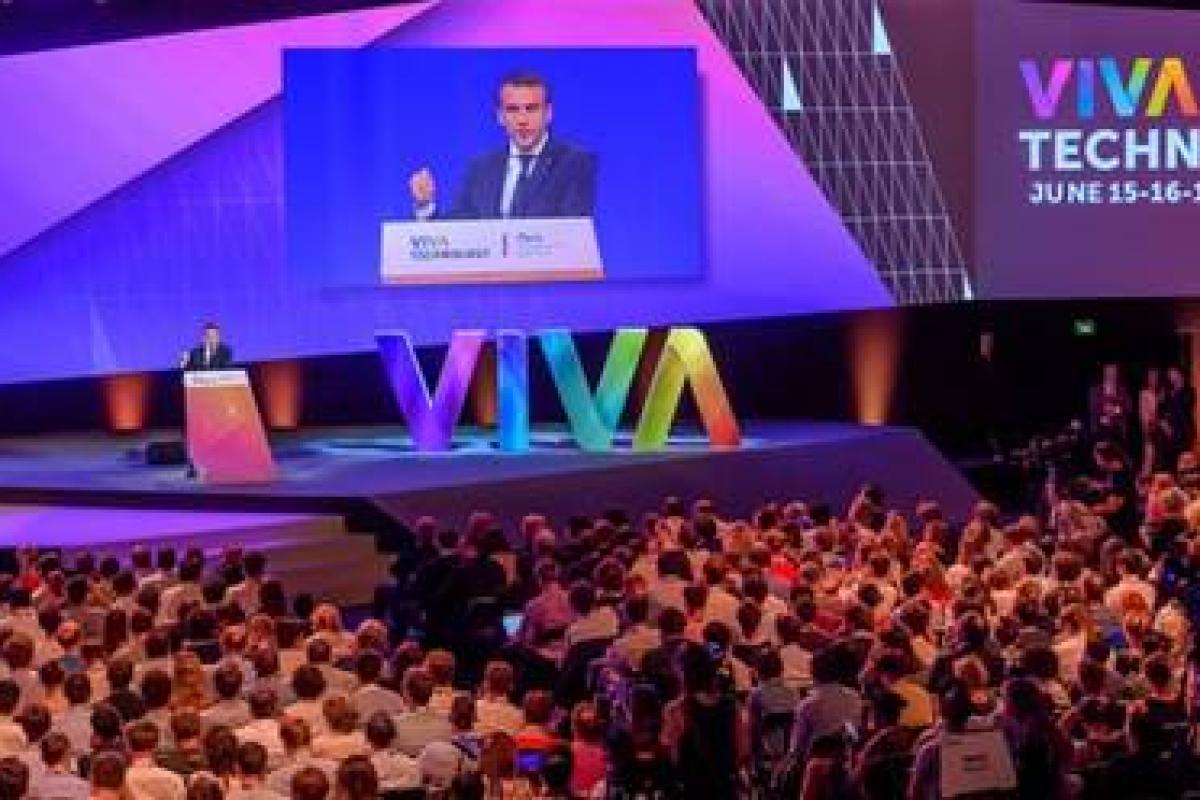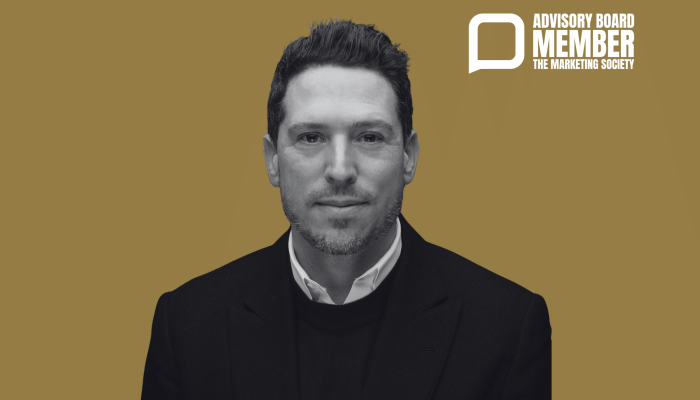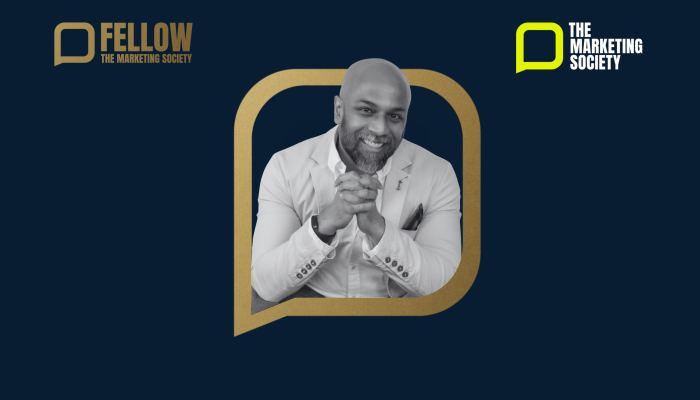When the powerful Publicis Groupe dramatically pulled out of the Cannes Lions advertising festival last year, they announced they would spend the money on a new IT system called Marcel, and announce it at their own adtech show – Vivatech in Paris, open to all comers and clearly positioned as an alternative to Cannes.
Vivatech 2018 was last week, and I went along to see the fun.
Is it really a serious alternative to Cannes?
Well.. it is an interesting one. But will I go again next year?
And should you?
If you are looking to hear the top business leaders of the tech world – Vivatech is a clear winner.
Vivatech has the CEO’s: Mark Zuckerberg of Facebook, Satya Dara Khosrowshahi of Uber, Eric Schmidt (ex-Chair) of Google, Satya Nadella of Microsoft.
Cannes has the same companies, but these days, a B List of speakers: Facebook’s VP of Marketing Solutions, Uber’s Head of Brand, CEO of a Google subsidiary, Microsoft’s CVP of Brand and Advertising.
Oh, and Vivatech also had the President of France. I doubt we’ll see Emmanuel Macron at Cannes this year, unless the Lions team make peace with Maurice Levy.
Interestingly, all these Vivatech CEO’s (including Macron) are men and all the Cannes list are women. Hmm..
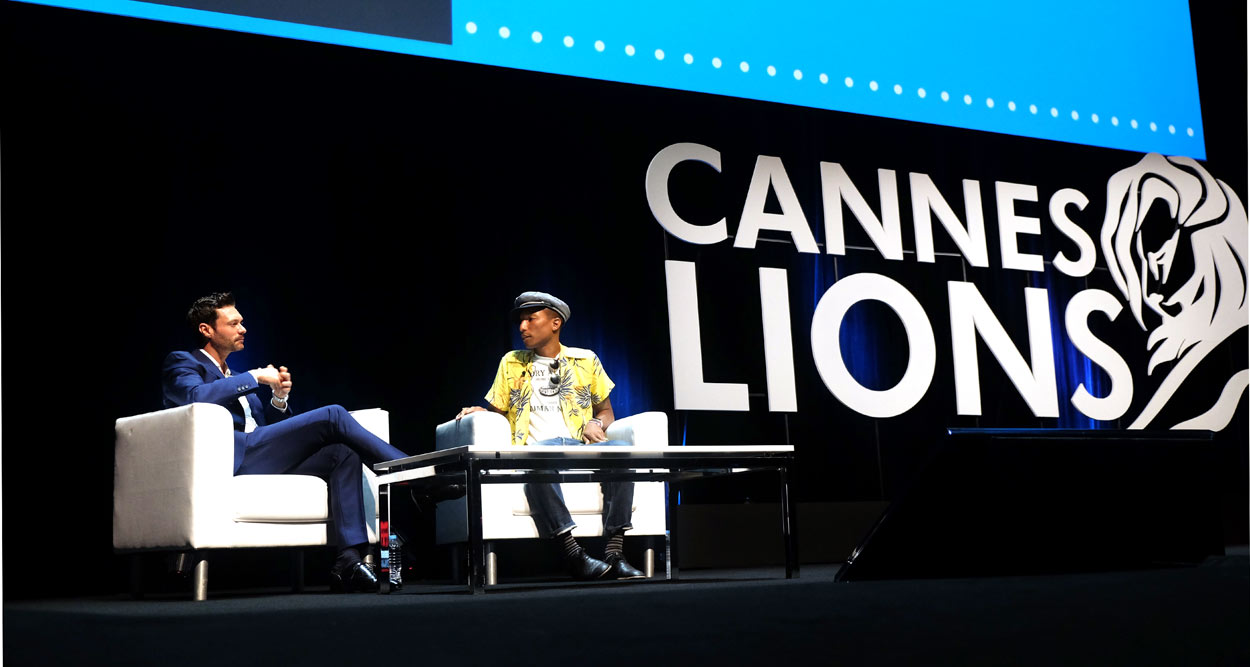
Similarities and differences
About the shows themselves: they are similar in size, but different in nature. Vivatech is a trade show with a conference attached (more like DMexco or CES). Cannes is a conference with a trade show attached.
Cannes is more slick and much better organised.
Vivatech is new and still learning; poor delegate management (long and disorganised queues for entry to the venue and to the talks) – dreadful catering – unacceptably long queues for the ladies’ washrooms - completely inadequate baggage deposit facilities, etc. But Day 2 was already better than Day 1, so they are learning.
And of course, Cannes is far more expensive to attend. A Cannes delegate pass costs more than €3,000 Euros, Vivatech is less than €500. Cannes is more fun, that is for sure. But it’s a lot to pay for a beach party, unless the content is really the best.
So what did we learn?
So what about the content?
Like any big show, there are many stages at Vivatech and it’s something of a lottery, and choosing which presenters to see is a bit of a lottery. But the ones I saw, were refreshingly free of self-promotion, debating real issues rather than re-hashing pre-prepared sales pitches.
I did feel that Maurice Levy, interviewing Mark Zuckerberg, missed a big opportunity.
Yes, he got the ‘scoop’ announcement – Facebook will adopt EU GDPR compliant policies globally, rather having parallel data strategies for different reasons (everyone is now scrambling to follow this) and of course, he gave his interviewee the chance to reiterate the mea culpas on data breaches and brand safety.
But it was a pity he felt unable to tackle the really big questions, like how vulnerable Facebook is when 95% of its revenue comes from advertising, or how they see the big emerging competitors from China (Tencent and Ali Baba) or indeed from the US (Amazon), with much more diversified revenue splits.
But it was good to see the stars in person and even if the CEO’s had a relatively easy ride, there were some very astute interventions from the top marketers present.
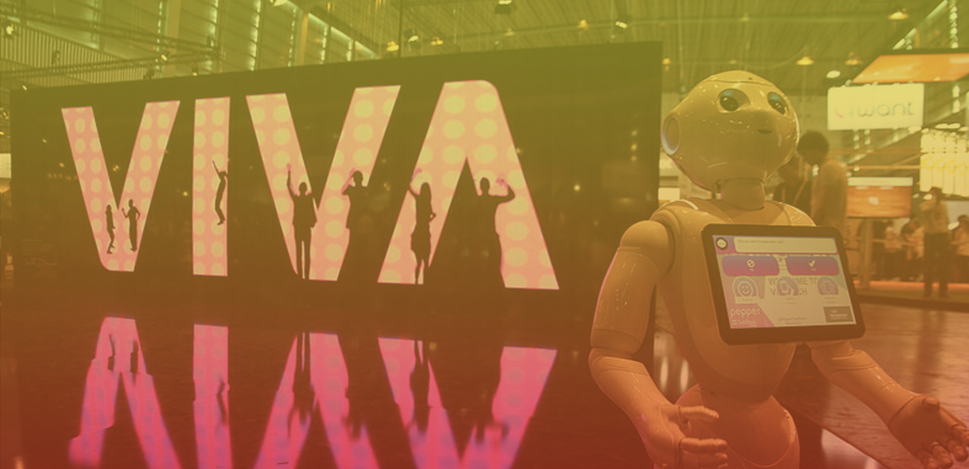
Standouts for me were:
- Tony Rogers, CMO of Walmart USA – repositioning a long-established company of this size is no small challenge, but they are successfully pivoting their mission from “save money” to “save money and save time.” And walking the talk: outbidding Amazon to acquire India’s biggest e-commerce retailer, Flipkart.
- Christina Lu, GM of Marketing for Ali Baba: “we generated 117 million different personalised messages on Singles Day last year. AI is not an option, it’s an essential.”
- Steve Lucas, CEO of Marketo – investing in this year’s hot topic, voice-activated digital assistants, but realistically holding back the big bucks until they become more naturally conversational, which is probably a year or two away - Google is still working on ‘ums and ahs’…
- Alicia Hatch of Deloitte, on how the consulting firms trump ad agencies, using their broader knowledge of client’s entire businesses and their innate ability to “rebuild workflows” – much closer to how companies really think and plan, than blue sky big ideas that ad agencies tend to glorify
- Marc Pritchard of P&G, quoting Jack Ma of Ali Baba: “Think of our data as a hotel. You can check in, and use it. You just can’t take it away.”
- Dara Khosrowshahi, CEO of Uber: how they have moved on from the necessary mea culpa apologies for Travis Kalanick and a negative-positive CSR approach, to a more positive one – partnering with AXA to provide affordable and appropriate insurance for their drivers
- And not least Clive Sirkin, Chief Growth Officer of Kellogg’s, one of the best, most passionate and most articulate panellists I’ve heard from a long time. His words ring in my ears and I quote directly: “The client/agency relationship used to be commercial. The agency contributed to the commercial success of the client. Creativity contributed to this. Relationships used to be strategic, but now they are transactional, and I am in a constant state of dissatisfaction. Clients and agencies have conspired to take the value out of a relationship and I think this is incredibly destructive, an absolute tragedy.” Wow.
And what, finally, does marcel actually do?
Last but not least.. what about the lovechild of the two festivals; Publicis’ fancy new operating system, named after their founder - Marcel?
Arthur Sadoun, the new CEO of Publicis, briefed his staff in the morning and the general audience in the afternoon.
I admit, I was sceptical. It has kind of sounded like a searchable employee database (“we need someone on this pitch team who is based in SE Asia, has experience with Virtual Reality and has previously worked on Samsung. And by the way, can we have a few relevant case histories.”) Useful, for sure: but in 2018, shouldn’t this be a cost of entry for a company of 80,000 employees, rather than a competitive advantage?
Sadoun presented it cleverly, though.
Not as a tool, but as a manifestation of a complete repositioning of the Publicis Groupe. “We are no longer a holding company, we are a platform.” Offering instant access (via Publicis project leaders) to the best and most relevant talent in the group. Project leaders pick the people they want on their teams – or can crowd-source them via open briefs, which any Publicis employee can respond to.
It’s clever, it’s contemporary, and it makes WPP and Omnicom sound like yesterday’s businesses.
Of course, it raises questions. If it’s a platform, like Uber or Tripadvisor, will there be ratings system? Will clients have a say in sourcing the talent to work on their business?
Sadly, M Sadoun had no time to take questions. We’ll have to wait and see.
So that’s my take, for now.
Watch out for my Cannes review, in a month’s time!
By Julian Boulding, president of thenetworkone and honorary treasurer of The Marketing Society
